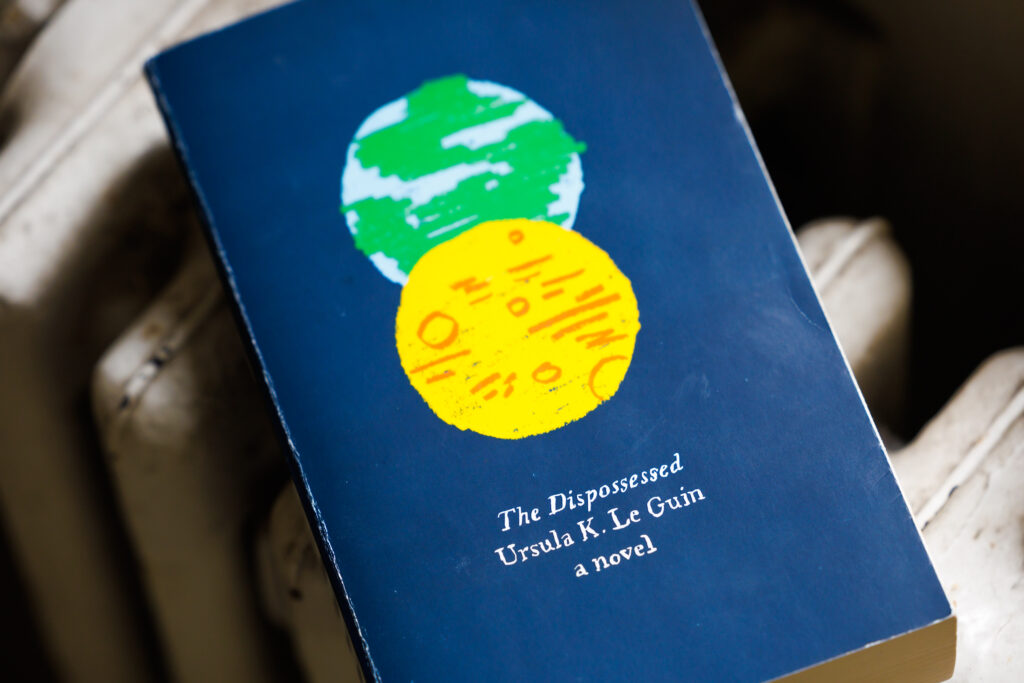
Associate Professor Aingeru Aroz of the Faculty of Foreign Studies is a specialist in both sociolinguistics and applied linguistics. He is particularly focused on minority languages and, seeking to shed light on the identities of minority language speakers, he researches the relationship between language and social issues.
My fields of research are sociolinguistics and applied linguistics and, at present, my primary focus is minority languages. I investigate the identities of speakers of these minority languages, and I consider what role these languages play in the lives of the people who speak them.
I am also a minority language speaker. I am from the Basque region of northern Spain, and I grew up speaking both Spanish and Basque. Basque is a minority language, and it is extremely important for the people of the Basque region.
After doing research in linguistics and the history of language research, I started thinking about the social and anthropological aspects of language. I wanted to come to a greater understanding of the relationship between language on the one hand, and the identities and social and political views of speakers on the other.
The role of language in shaping our identities

Recently, I have been investigating Basque as a minority language. For 40 years of the 20th century, Spain was ruled by a dictatorship. Although Spain now recognizes five official languages, during the dictatorship only Spanish was allowed—teaching minority languages and using them in any official capacity was mostly forbidden.
Spain became a democracy after 1975, and implemented policies aimed at revitalizing various languages. In the Basque Country, too, Basque was taught and granted right of use in a wide-range of social situations.
This trend of linguistic revitalization is a feature not only of Spain, but of Europe and a variety of other countries around the world. Also in Japan, this trend is now materializing in the revival of the Ainu languages of the indigenous people of northern Japan, and of the Ryukyuan languages of the Ryukyu Islands in the south.
The language revitalization movement in Spain meant that many Basque speakers learned Basque not in their homes but at school. Interestingly, many of the new speakers I have interviewed chose Basque as their children’s first language.
When people who are not native speakers of Basque learn the language, their identity changes, and this leads to some important questions: What importance do non-native Basque speakers place on language revitalization? How do Basque households manage and use the languages they speak?
Elucidating the relationship between language and identity
We may not be conscious of it all the time, but language is extremely important to our identities. And in my opinion, understanding the role that language plays in shaping our identities, and shedding light on the relationship between language and identity, is meaningful for society.
What problems do the new demographic of non-native Basque speakers encounter in Basque society? What experiences do families go through when the children receive a Basque-medium education?
This kind of research can allow us to verify the role played by language in our lives, and it illuminates the relationship between language, social problems, and inequalities. Researching minority languages is a reliable way of ascertaining the linguistic identities of people who do not play a central role in society—and I believe it can help resolve some of the problems they face.
The book I recommend
“The Dispossessed”
by Ursula K. Le Guin, Bungeishunju

This novel tells the story of an encounter between inhabitants of two neighboring planets. It teaches us that what we suppose to be societal norms may not be norms in other societies. This book helps us reflect on what shape a fair and just society that aligns with our values could take.
-
Aingeru Aroz
- Associate Professor
Department of Hispanic Studies
Faculty of Foreign Studies
- Associate Professor
-
Graduated from the Department of History, Faculty of Social and Human Sciences, University of Deusto, and from the Department of East Asian Studies, Faculty of Arts and Humanities, Autonomous University of Madrid; received his M.S. from the Graduate School of Humanities, Autonomous University of Madrid, and Ph.D. in interdisciplinary information studies from the Graduate School of Interdisciplinary Information Studies, The University of Tokyo. After working as a visiting assistant professor at the Faculty of Policy Management, Keio University, Aroz was appointed to his current post in 2019.
- Department of Hispanic Studies
Interviewed: November 2022